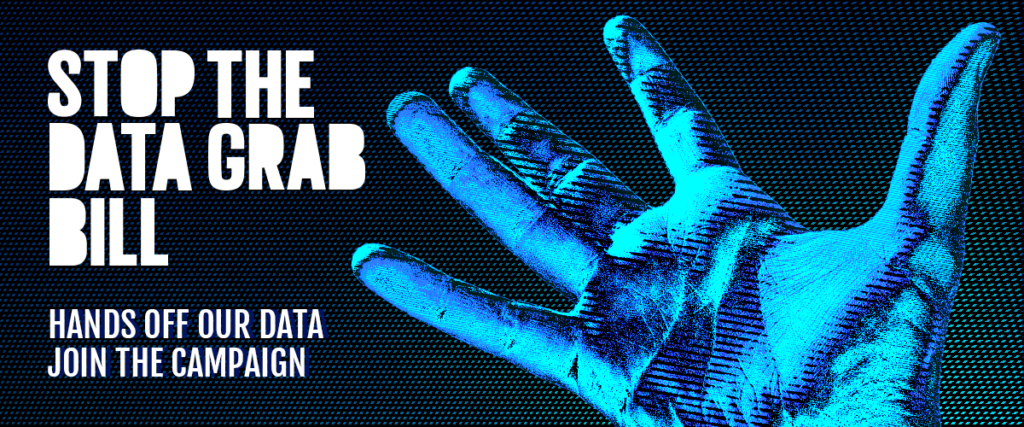
UK Shaken by Major Data Breaches: Security Concerns Surge Over Data Protection Changes
Recent major data breaches, impacting crucial institutions like the Electoral Commission and the Police Service of Northern Ireland, have brought attention to potential risks linked to the proposed Data Protection and Digital Information Bill.
These breaches highlight the crucial need for thorough scrutiny of any changes to data protection laws. If enacted, the proposed reforms could compromise the Information Commissioner’s Office (ICO) and weaken data governance, creating a serious risk of increased breaches and hacks.
The Government’s primary duty is to safeguard citizens’ data, ensuring its confidentiality and integrity. Yet, there are mounting worries that the current direction of the Data Protection and Digital Information Bill may prioritize short-term commercial interests, and a light touch regulatory regime over data security for citizens.
Mariano delli Santi, Policy and Legal Officer at the Open Rights Group, stressed the gravity of the situation:
“These recent incidents underscore the dire consequences of neglecting data protection and cybersecurity. The proposed Data Protection and Digital Information Bill appears to be moving towards deregulating vital safeguards that were painstakingly established to secure individuals’ data.”
“The bill’s current draft raises valid concerns about heightened vulnerability to cyberattacks, potential threats from foreign actors, and the erosion of the UK’s reputation as a secure business environment.”
“Proposals to diminish the ICO’s independence, dissolve the Surveillance Camera and Biometrics Commissioner, and ease requirements for independent Data Protection Officers and Privacy Impact Assessments all pose substantial risks to the existing governance structures aimed at maintaining data security.”
“As the risk of cyberattacks and data breaches escalates, it’s imperative for the government to rethink its approach. Strengthening the rules and mechanisms that reinforce data protection must be prioritized, creating an environment where citizens’ data remains shielded from harm.”

Hands Off Our Data

